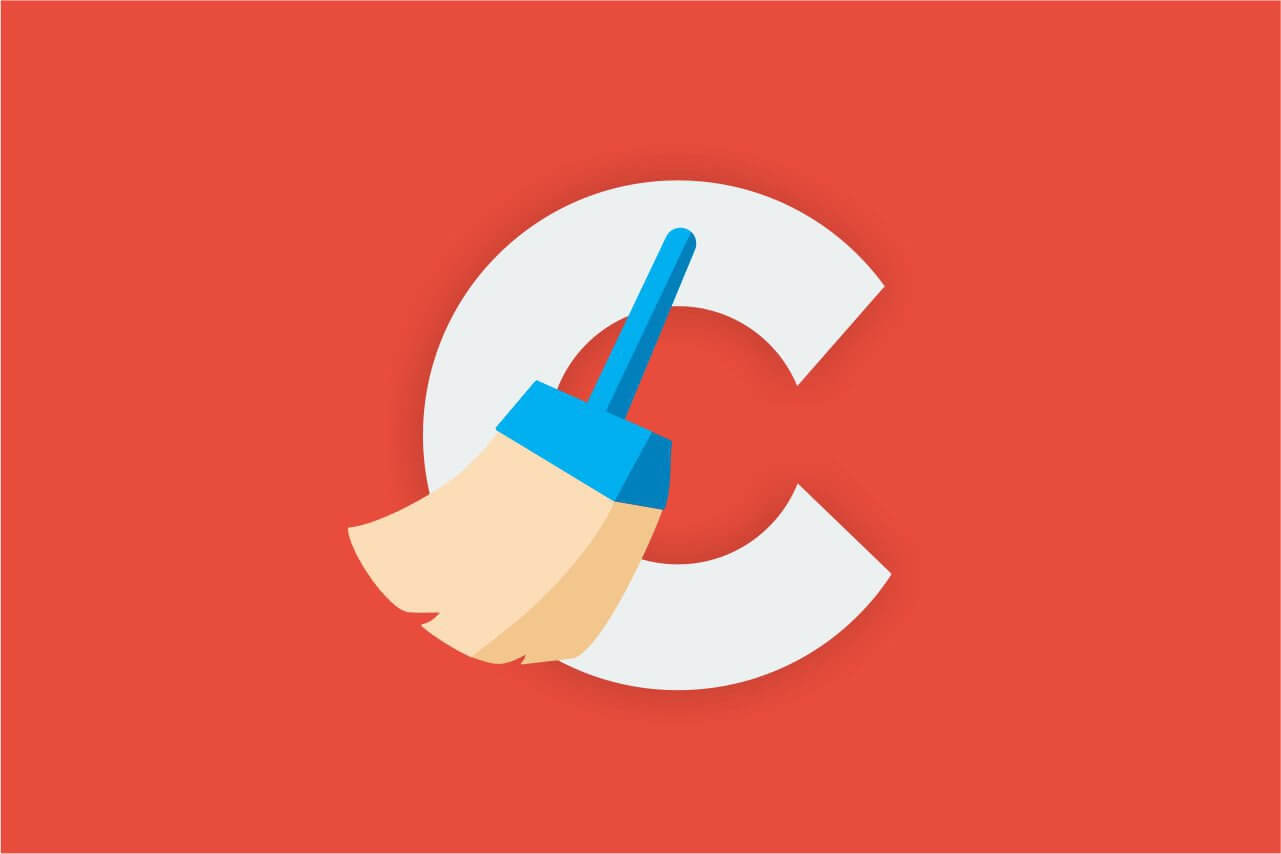Facepalm: System cleaning app CCleaner has made the headlines quite a bit over the last few years, but most of it hasn't been good publicity. Keeping with that trend, one user recently found that deleting it from his PC also erased most of his other programs. Owner Avast has acknowledged the issue can happen in some circumstances and is working on a fix.
Reddit user rounakr94 (via BetaNews) earlier this week wrote that when they deleted CCleaner 5.91 from their PC, they noticed in the progress bar that some MSI, Steam, and Origin files were also being removed. Once the process was complete, Adobe reader, Afterburner, Aida64, Steam, Origin, Discord, HDsentinel, and more were all corrupted, though not uninstalled completely.
rounakr94 then spent two hours reinstalling the deleted software and fully scanning his PC for any signs of malware---an action you would likely take in such a situation.
The scan came back clean. Another user enquired where CCleaner had been installed, to which rounakr94 replied that it had been on the D: drive, the same drive where the deleted/corrupted programs had resided.

A developer on the Piriform Forums said: "CCleaner should be removing everything from its installation directory is, under normal circumstances, exactly what you would want CCleaner to be doing. Not just the files from its original installation manifest but any updates, log files, etc so that it does not leave any traces of itself behind."
That obviously didn't appease rounakr94, who complained that such action resembles either bad coding or simple revenge tactics for removing CCleaner.
Avast has now acknowledged that in some circumstances, deleting CCleaner can remove other programs not associated with the app.
"CCleaner's default behavior when installed is to create a new 'CCleaner' folder, so at the point of uninstall, everything in that folder can be deleted without issue. In the case described in this article, a user would need to deliberately bypass this behavior and either choose to install CCleaner to a folder they currently use for other purposes or later use the 'CCleaner' folder for something other than its intended use," said an Avast spokesperson.
The company is now working on an update to prevent similar incidents from happening again.
CCleaner hasn't received much positive coverage since it was acquired by Avast for $1.3 billion in 2017, the same year malware was discovered lurking in the app. There were the privacy issues in 2018 that saw the active monitoring feature turn itself back on even after users disabled it; complaints that CCleaner was installing Avast anti-virus without permission; and Windows Defender flagging the free version of the tool as a Potentially Unwanted Application (PUA).
